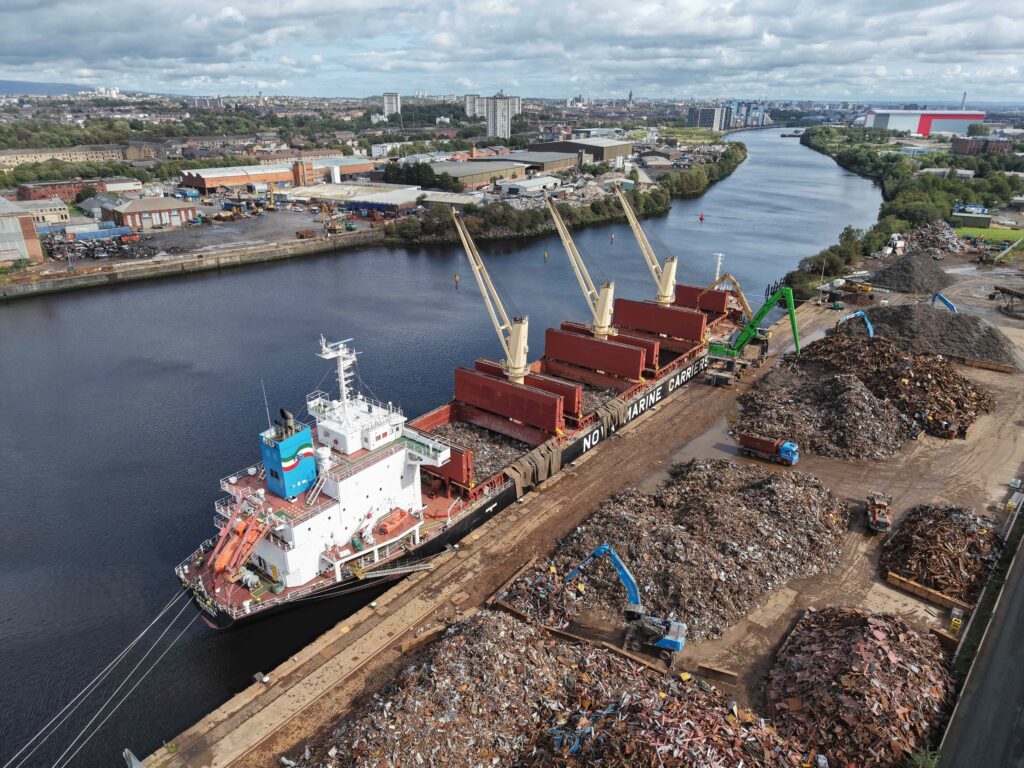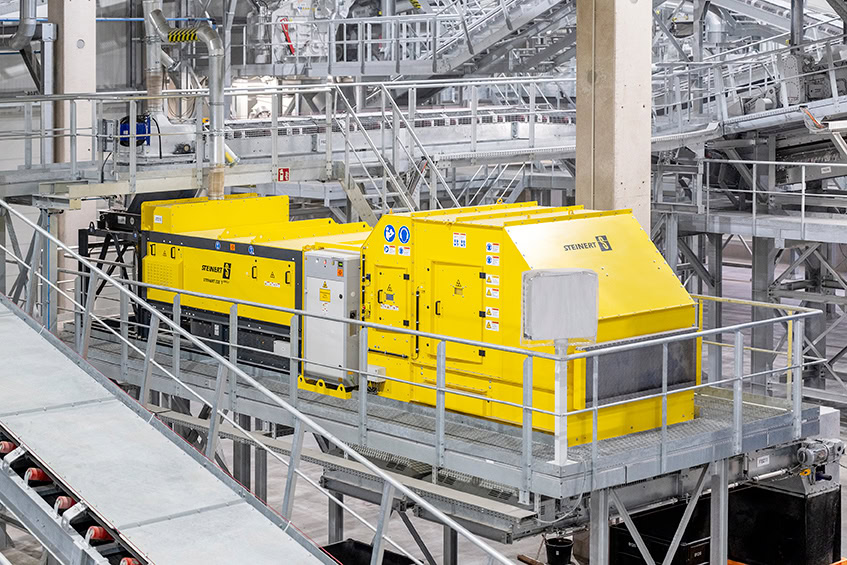Niobium is said to be an “essential component’ for a carbon recycling technology that could reduce emissions from energy- and carbon-intensive industries.
CBMM, a producer of Niobium products, will work with Birmingham researchers, led by Professor Yulong Ding, to improve the efficiency of production and reduce the cost of Niobium compounds for use in the closed-carbon-loop technology.
“Foundation industries such as steelmaking, which provides essential materials to a wide range of other industries, are major emitters of CO2 and amongst the hardest sectors to decarbonise.
“We are pleased to work with CBMM on this project, which aims to deliver a decarbonisation solution that is not only technically and economically viable, but also environmentally sustainable,” said Professor Yulong Ding, chamberlain chair of chemical engineering and founder of the Uni’s Centre for Energy Storage.
Reducing emissions
The project is related to a technology that uses Niobium-based perovskites, which turn the CO₂ emitted from industrial processes into carbon monoxide, which is then fed back into the process, creating a closed carbon loop.
This type of perovskite was used when Birmingham researchers modelled a novel adaptation for existing blast furnaces that could reduce steelmaking emissions “by up to 90%”.
“This partnership represents an important step in the search for viable and sustainable solutions to the challenges facing global industry. We are looking at a promising solution for industrial decarbonisation, especially in the steel sector, due to its potential technical and economic feasibility.
“Furthermore, the use of Niobium across different markets reinforces our commitment to innovation and sustainability,” said Leonardo Silvestre, executive innovation manager, CBMM.








Subscribe for free